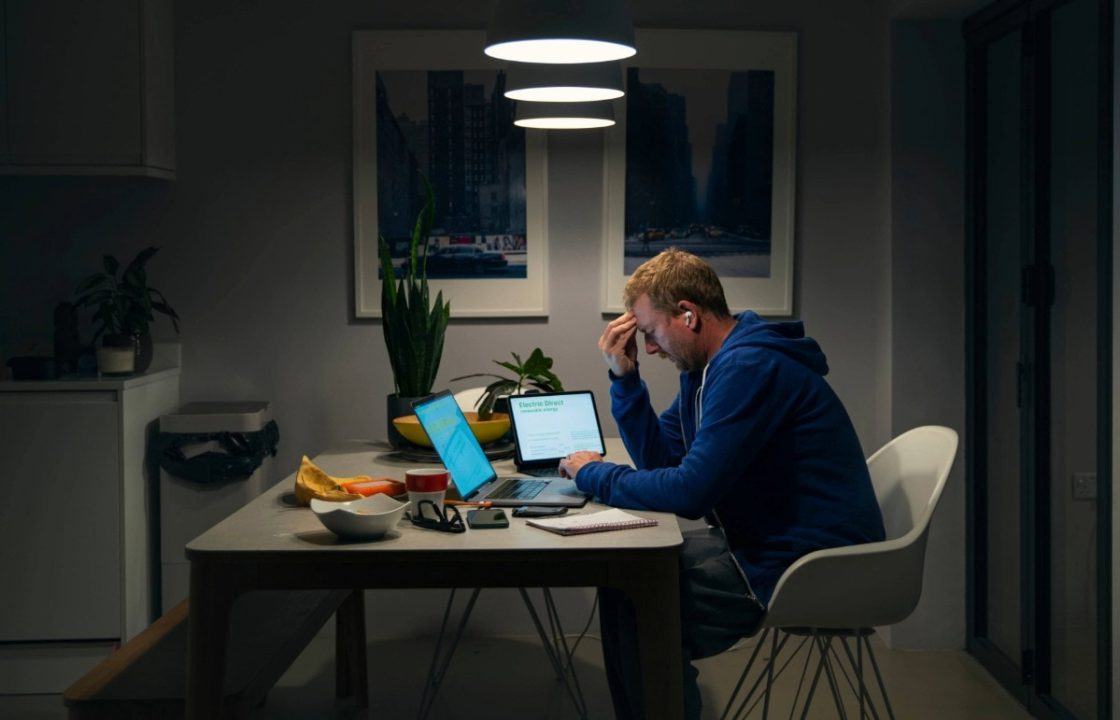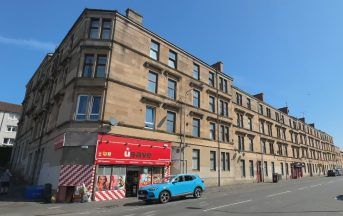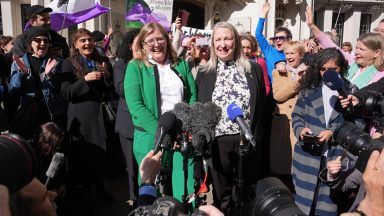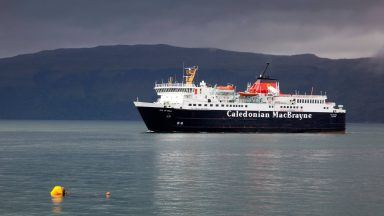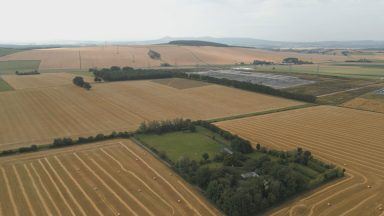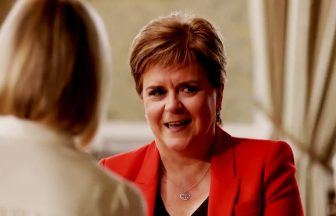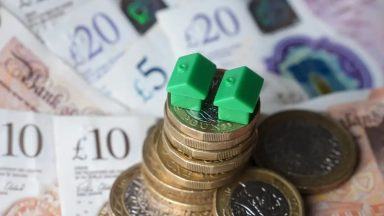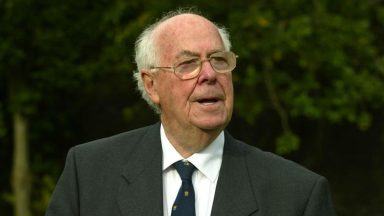Key Points
-
 Average energy arrears among StepChange Scotland clients have risen 42% year-on-year, from £2,464 to £3,499.
Average energy arrears among StepChange Scotland clients have risen 42% year-on-year, from £2,464 to £3,499. -
 Council tax arrears have also increased, now averaging £2,385, a 13% rise from last year.
Council tax arrears have also increased, now averaging £2,385, a 13% rise from last year. -
 More clients are relying on credit to cover everyday costs, rising from 5% to 7% in the past year.
More clients are relying on credit to cover everyday costs, rising from 5% to 7% in the past year. -
 Credit card debt remains the most common debt type, affecting 66% of clients, up from 61%.
Credit card debt remains the most common debt type, affecting 66% of clients, up from 61%. -
 StepChange Scotland warns these trends put households at risk, especially with winter approaching.
StepChange Scotland warns these trends put households at risk, especially with winter approaching.
Household debt is rising sharply in Scotland, with new data shared exclusively with STV News showing a steep jump in arrears on essential bills.
Average energy debt among people seeking help from the charity StepChange has surged by 42% in a year, up from £2,464 in the first half of 2024 to £3,499 in the same period this year.
Council tax arrears are also climbing, now averaging £2,385 – a 13% rise.
The charity says higher household arrears are being matched by an increase in borrowing for everyday essentials.
Have your say
Have you been impacted by spiralling levels of household debt? Tell us your story.
New statistics show the proportion of clients citing the need for credit to cover living costs has risen from 5% to 7% in the past year. Credit card debt remains the most common type, with two-thirds of clients – 66% – holding it, up from 61% a year ago.
StepChange Scotland warns the figures raise serious concerns about households’ ability to heat their homes this winter while repaying built-up debt.
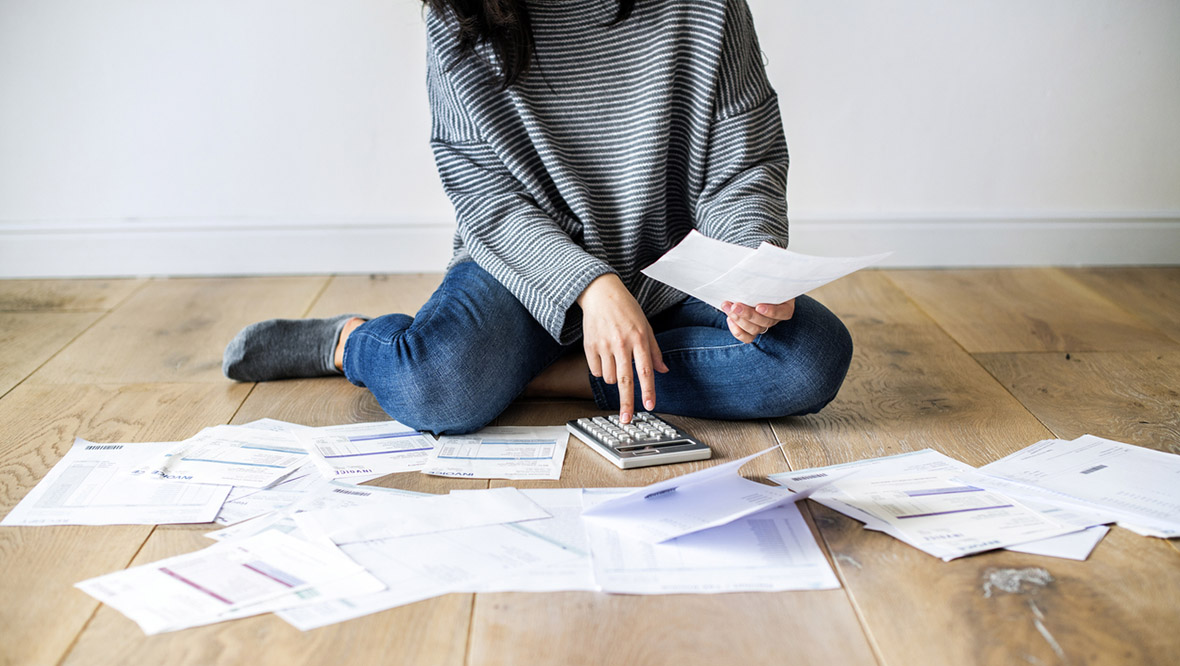 iStock
iStock
Vikki Brownridge, CEO of StepChange Scotland, said: “While we may not be thinking about our energy bills quite as much during the summer months, it’s alarming to see how much energy debt has built up among our clients in Scotland this year, alongside council tax arrears.
“These kinds of priority debts can put a severe financial strain on households, as they grapple with repaying debt whilst trying to keep up with essential expenses.
“After years of cost of living pressures, easing the burden on struggling households requires intervention from government. We’d like to see urgent action to address historic energy debt, alongside a more compassionate approach to council tax debt collection.
“Too often, local authorities quickly jump to heavy-handed enforcement action, including the use of sheriff officers, if people fall behind with bills. Our research shows it is often the most vulnerable households facing council tax arrears.”
‘I talk to a lot of people and they are struggling’
Every Thursday, a group of women gather at Polbeth community hub in West Lothian and one topic usually dominates the converation – the cost of living crisis.
Polbeth is an area that faces challenges, with housing, unemployment and rising bills all contributing to people feeling the squeeze.
Nicola McFarlane, a community development worker in the area, told STV News: “I talk to a lot of people and I know they are struggling a lot.
“Our community shop in the hub is getting busier and busier. The people who had said they were never coming – because they thought it was for people who can’t afford food – are now coming themselves.
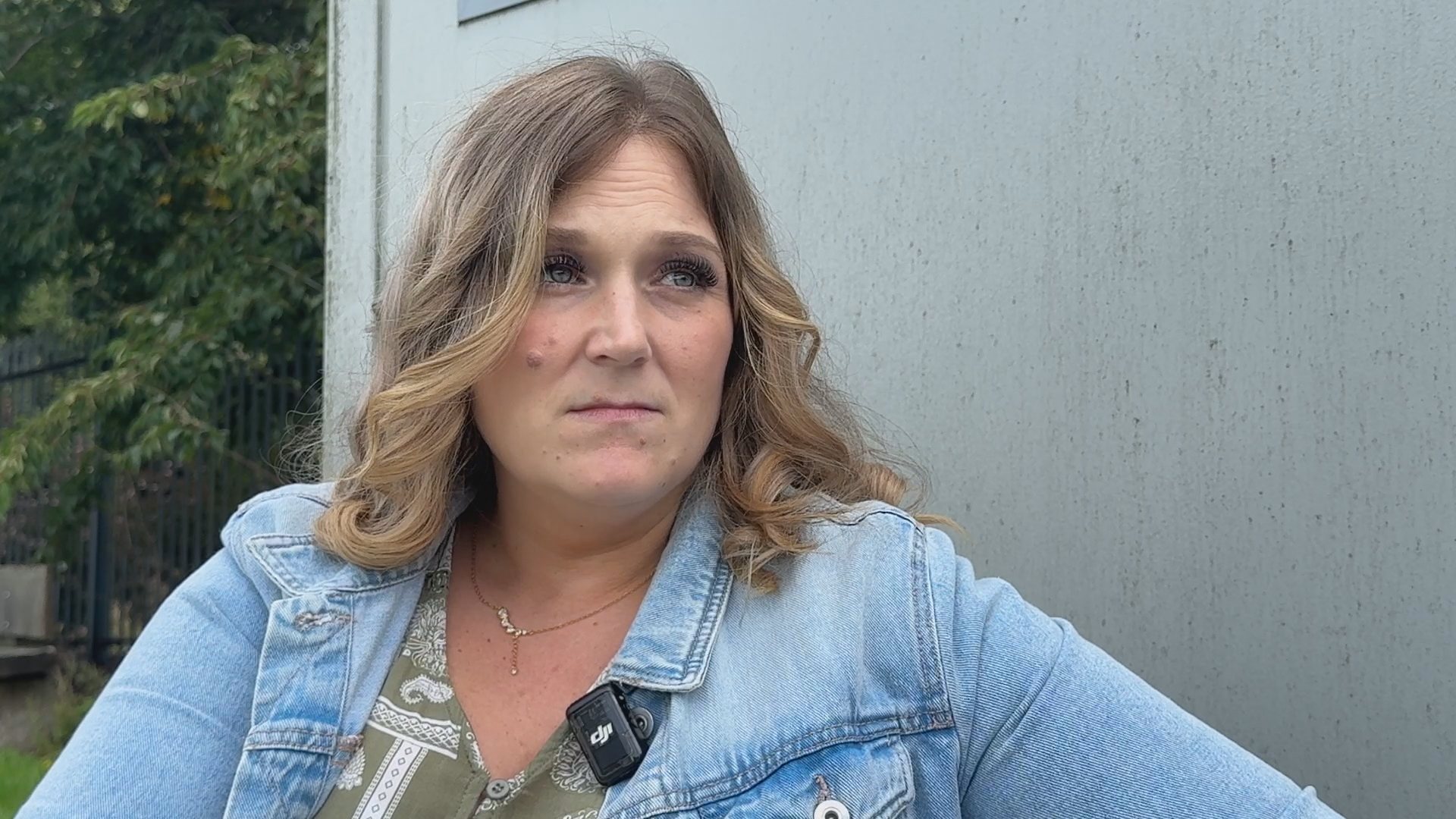 STV News
STV News“If we didn’t run these groups, these families would not be able to participate in things.
“I’ve got four kids, one of them is working but he’s a teenager so I still feed him, especially during the summer holidays. I have an income and my husband works full-time, but things are just not stretching like they used to and I’m having to say ‘no, you can’t have that’, or if they’re out playing and you’re asked ‘can such and such get a packet of crisps’ and I’m like ‘no, because you’re having that in your school bag tomorrow’.
“Things like that, maybe a couple of years ago I wouldn’t have thought twice but now I have to be more careful, more mindful of things.”
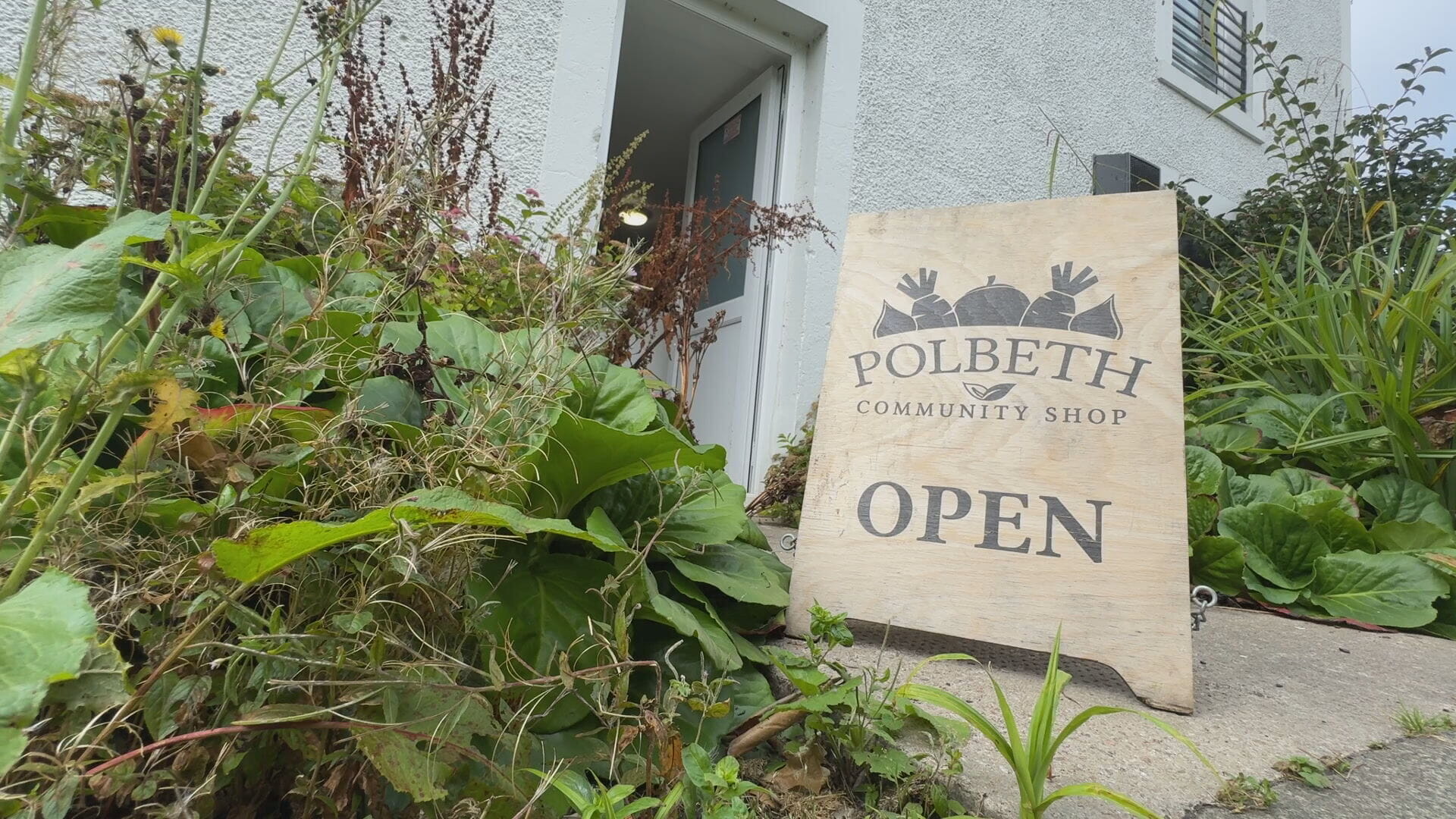 STV News
STV NewsWhat can I do to reduce my debts?
- List all your debts with amounts, interest rates, and due dates.
- Pay priority debts like rent, council tax, and energy bills first.
- Create and follow a realistic monthly budget.
- Focus extra payments on the highest-interest debt.
- Contact creditors to request lower rates or affordable payment plans.
- Stop using credit for everyday expenses.
- Get free debt advice from a reputable charity.
- Check if you qualify for benefits, grants, or discounts.
- Consider debt consolidation only if it saves money overall.
- Review your progress regularly and adjust your plan.
‘People are making choices to a point where it’s not safe’
Kate Cunningham from Energy Action Scotland said: “The UK energy debt is now over £4.1bn, which is an unrepayable amount of money, so people are making choices now, which means they are rationing energy to a point where it’s not safe.
“It also means whatever little pocket they have left financially for energy has to include debt repayments. For people on direct debits that is a much simpler algorithm, but for if you’re on a pre-payment meter, what happens is that when you recharge your meters, it automatically removes a large portion of that to repay your debt.
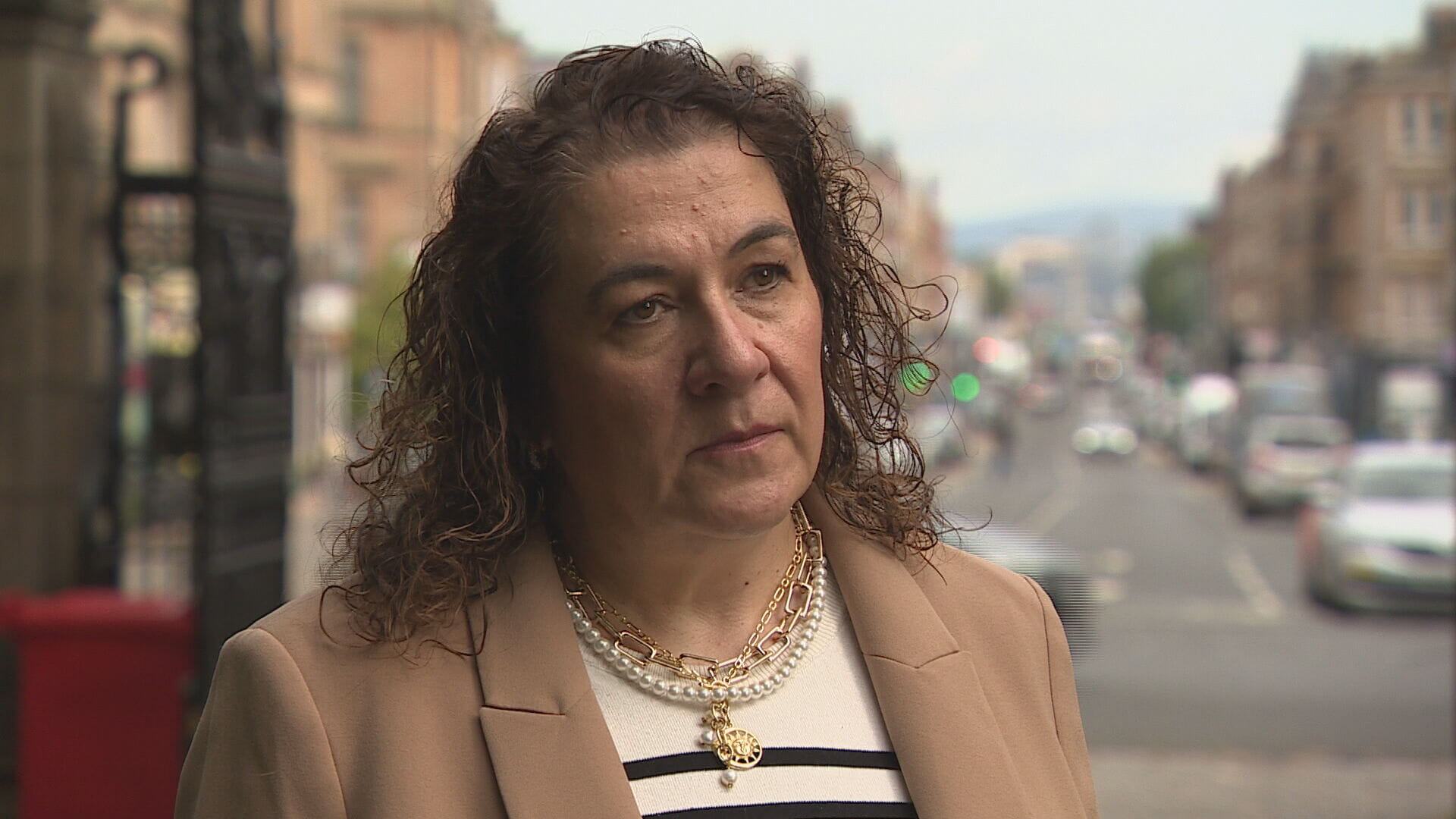 STV News
STV News“So these people are struggling because they can’t afford adequate energy levels, but they are also paying massive amounts of debt, which they will be paying for years. And that means you can’t change supplier, you can’t look for a better deal, you are stuck where you are.
“Unfortunately, the nature of how we pay debts, some are particularly sought after, like local authority debt (council tax). It means those debts have to come first.”
Ruth Boyle, policy & campaigns manager at the Poverty Alliance, told STV News that soaring levels of household debt is far more than a cost of living crisis.
“There is fundamental injustice in the structure of our society and our economy, that our politicians are failing to fix,” she said.
“It is simply wrong that we have massive growing wealth inequality while 20% of our citizens are living in poverty. We need structural change, or we’re just going to continue to see people being pulled towards debt and destitution.
“It doesn’t have to be like this. Governments at UK and Scottish level have powers over tax and social investment that they can put to good use. They can boost wages and support secure work.
“They can listen to groups like the Trussell Trust and raise levels of Universal Credit to levels that at least guarantee that people can afford the essentials of life. They can scrap the unjust two-child limit and other caps on social security.
“They can rebuild a just society, and make sure every one of us has the secure foundation we need to build a better life for ourselves, and a better future for all of us.”
What is the Scottish Government saying?
A Scottish Government spokesperson said: “The cost-of-living crisis continues to impact households across the country and the UK Government must tackle the high cost of energy at source. With cross-sector support, we are calling for a social tariff in the form of an automatic and targeted unit rate discount on energy bills.
“This year, the Scottish Government is investing £3bn in programmes designed to tackle poverty and the cost of living. This includes investing £16.9m in the provision of free income maximisation support and debt advice, designed to help people out of financial difficulty.
“As a result of Scottish Government action, the poorest 10% of households with children in Scotland are estimated to be £2,600 a year better off in 2025-26 and this value is projected to grow to an average of £3,700 a year by 2029-30.”
Insight Olly Dickinson
Has the cost of living crisis ended?
That’s the question I’ve spent most of the last week asking.
The resounding answer – no, not even close.
Almost everyone I’ve spoken to, from volunteers to experts to those struggling with rising costs agree – things are not getting easier.
People told me they’re still choosing between heating and eating, still opting to put on a coat indoors to keep warm, halving their meals or going without so others in their house can eat.
Even those “just about managing” face a monthly battle to keep their heads above the rising waves of cost. All too aware that one slight shift, one unexpected bill or one marginally lower pay packet will see them struggle to financially recover for months, if at all.
Talk from politicians about reduced energy bills or tackling inflation might sound like action when delivered from the dispatch box, but I’ve been repeatedly told they’re making little difference
Let’s not forget that whilst inflation may have fallen from those record highs all that means is everyday essentials are getting more expensive less quickly.
Cold comfort for the thousands who can’t begin to contemplate what a frigid winter will mean for them and their families.
Follow STV News on WhatsApp
Scan the QR code on your mobile device for all the latest news from around the country


